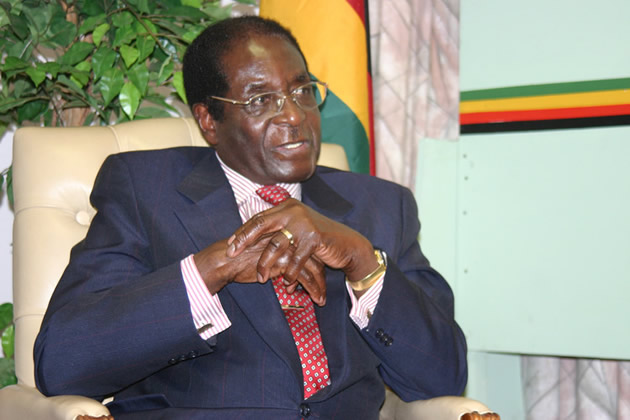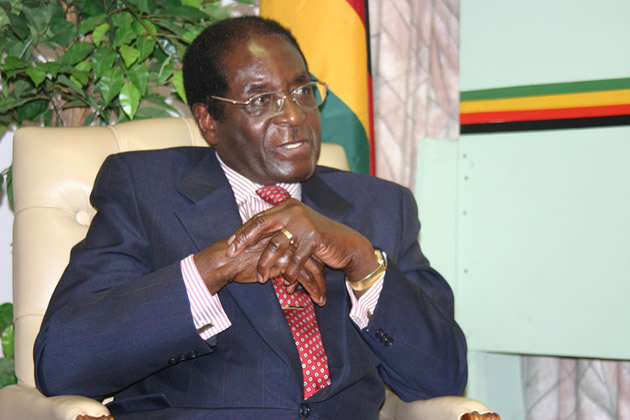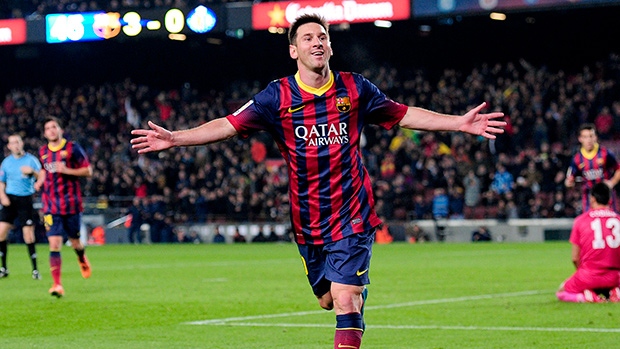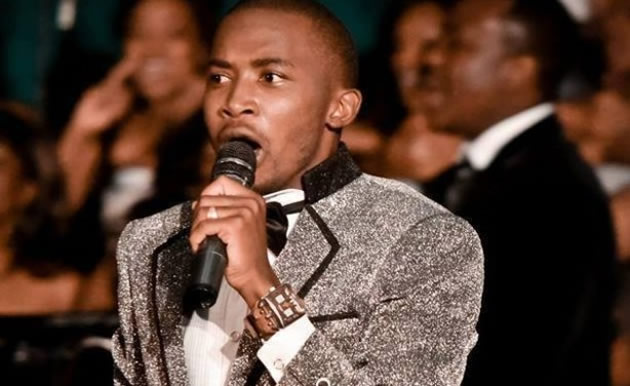Tribalism: The scourge of Africa II

Reason Wafawarova On Thursday
Industrial development means the world has become economically more interdependent, and that is exactly why President Mugabe was in Russia recently, not in some corner of Mashonaland consolidating tribal economic unity.
In last week’s instalment I tried to initiate debate around the topic of tribalism, and I probably made a mistake of including the issue of Kalangas, as started by media reports that President Mugabe had allegedly insulted that subgroup of people at a Press conference, something the Government has vehemently denied.
That piece touched on tribalism in Nigeria, South Africa, Kenya, Burundi, and Rwanda among other nations.
However, the article did a bit more than inform debate on tribalism in Africa, as the intention was.
It ignited some wild fires from politically-motivated Zimbabwean readers, and some of them decided to use it as a political missile to hit at their domestic opponents, especially at President Mugabe and his supporters in ZANU-PF.
That was quite unfortunate for intellectualism, but entirely rich in terms of political debate, and informatively revealing in terms of the polarity of Zimbabwean politics.
If anything, the piece served to reveal the amount of hate and intolerance within the Zimbabwean political spectrum, and indeed such developments are never mere accidents.
They are a product of a series of socio-political events; among them declining means of survival, indeed the bane of Zimbabwean politics today.
What is really sad is that there are politicians in Zimbabwe who view the country’s economic hardships as a God-given opportunity to cook up anger against the incumbent rulers, and each time there is positive news on investment these opposition leaders feel let down.
We have a history in Africa where the basic tribal function is subsistence in a harsh environment, and that background has largely shaped the political character of the continent today.
Traditionally tribesmen are relatively powerless people. They are known to be a superstitious lot who believe in magic and supernatural solutions. Even the modernised or citified African has not been freed from the yoke of superstition, only modifying the trend by strongly believing in supernatural religious solutions like prophecy, holy water, healing oil, or some such beliefs.
Today Africa is considered the land of prophecy, and the so-called prophecy is all targeted at ending poverty on the continent, much as poverty continues to deepen in places where prophecy is intensifying.
We saw what happened with xenophobic; or is it Afrophobic attacks in South Africa recently.
Tribalism has nurtured the typical African into a hating animal when it comes to outsiders, and most of us inherently consider outsiders lesser beings, even those that are clearly more successful than ourselves.
The fact of history is that all men at some point belonged to tribes. The Scots were tribal until the 18th Century, and to a good extent so were the Welsh.
Today what drives the Scottish nationalism and not tribalism, and the whole concept of the Union that makes up Britain was based on doing away with tribalism, much as the United Kingdom faces what appears like an imminent split today.
That is a topic for another day.
Canada’s French-speaking separatists can easily be counted among modern day tribesmen, and to an extent one can include the Walloons and the Flemmings of Belgium. These people are no different from most of the separatist tribesmen hankering or fighting for secession in Africa today.
Instead of moving towards nationalism and globalisation, tribesmen find it more attractive to trace their steps back into history, so they can relive life in the last two or three centuries, and most of the time this is their real argument, much as they may sugarcoat it with genuine socio-economic grievances afflicting their societies.
The obscure group advocating the nation of Mthwakhazi in Zimbabwe essentially rides on the imperial achievements of Ndebele ancestry, hankering for those long gone historical days of conquest to reclaim forgotten military gain that was long lost to Rhodes’ more superior colonial conquering feats; themselves long defeated by the spirited anti-colonialism uprising of the 60s and the 70s, in Zimbabwe personified by the heroic leadership of Joshua Nkomo and Robert Mugabe, among others.
Unlike tribes, nations are inclusive and pluralistic, and this is what modern day African states must be pursuing, not the archaic idea of separatism. Nation states must contain large bodies of unrelated citizens, all unified by the need for inclusive economic development.
Industrial development means the world has become economically more interdependent, and that is exactly why President Mugabe was in Russia recently, not in some corner of Mashonaland consolidating tribal economic unity.
Yes, the nation states we have in Africa today were created by colonialism, military force and white supremacy.
That is a fact. But we also know that we have across the continent inter-tribal languages, some of them thrust upon us by colonialism itself, and we also know that we have between us African unifying national crises. We have more cause to unite as Africans than we have to long for the idea of restoring pre-independence tribal identities.
Africa’s tribes include the artistically talented Bushmen, who started rock drawings way back during the Stone Age.
About 7000 years ago the Hermites came across the Suez, bringing along rudimentary agricultural knowledge, and they soon intermarried with the Bushmen and early Negroes to produce the rest of the races. That is history.
Over the continent’s vast distances, these groups scattered into the polyglot tribes that fractionalise Africa today.
Some tribes went on to raise empires based mainly on hereditary rulers, with children sometimes appointed chiefs and kings, and we know that even the British are still primitively fascinated with the idea of monarchies. Literally, they try to deify a baby born to members of the royal family, making many believe that the baby is different from the average baby born everyday across the world. This is the power of tradition and conservatism.
Tribes do have identities and some of these identities are quite positive for development.
The Ibos in Nigeria developed a culture of personal exceptionalism or excellence, and largely Ibos are born achievers.
On the other hand, the Fang frown upon individual exceptionalism or excellence, and success is largely considered some kind of evil, with successful individuals treated as social outcasts. This is more of a cultural observation than a stereotype, and it must be noted that more and more such traits are disappearing.
The Kikuyu in Kenya are known to have developed a culture of entrepreneurship and saving money, and these traits are evident among that subgroup today.
The Yoruba in Nigeria see nothing wrong with saving money, and like the Kikuyu, they are well-known for keeping their money in the banks.
The Tiv generally view wealth in the number of women acquired, and so do the Zulus in South Africa.
The Luo in Kenya are known for their love of flashy lives, and generally it is expected of them to buy a flashy car before they consider building a house for themselves, and they are also known to believe in making social statements through academic achievements.
There are always underlying causes to these kind of traits.
French sociologist Jacques Binet found that the forest people of Gabon considered wealth and the possession of money “sinful”. When we integrate as African people all these factors will have to be factored in.
Some tribes believe hard work is degrading, and that is how we ended up with Zimbabwean mine and farm labour mainly manned by people from modern day Malawi during the Federation days.
The local Shona and Ndebele frowned upon hard labour, and by and large they continue to do so today. Yet other tribes view hard labour as proof of manhood.
We know that most people have been taught that eating people is wrong, but there are tribal subgroups that still accept cannibalism as normal.
Some of our tribes believe in the lofty idea of a mono god that dwells in nearby mountain, while some believe there is a different god dwelling in each and every tree in the nearby forest.
Others believe in a universal god superior to everything that ever was created.
This is the diversity we have as a people, and of course we also have our universalities. Except for the urbanised or citified, the typical African believes in the ubiquitous presence of both good and evil spirits, and that these spirits need to be appeased, or to be exorcised.
The good thing with tribal history is that most of our tribes have always believed in consensus solutions to societal matters, making Africans an inherently democratic people.
Departure from this tradition has made dictatorship easier for others.
The main goal of tribal democracy was to establish and maintain societal equilibrium, and this must translate to democracy at nationhood status today.
However, there are certain tribal habits that must be shunned by every society. We cannot live in a world where some tribesmen still hold that a non-tribesman is virtually a non-person, and as such quite murderable. This is what we saw in South Africa recently, and it is pleasing to read reports that say about 300 people have been arrested in connection with this primitive madness.
We will not forget that Belgium once pacified the Congo with a carefully selected 20 000-man force made up in such a way that its soldiers were never used in their own tribal regions.
They would just round up all inhabitants of a rebellious village, pack them in a few huts, spray machine gun bullets on all of them, and then set the entire village alight. Up to today the problem of tribally motivated military killings is still the scourge of the politics of the Great Lakes region. We see what is happening in Burundi now, we saw what happened in Rwanda in 1994, and all these criminal acts are the legacy of tribalism gone wrong.
The typical African’s inability to externalise his personality in relation to strangers partly accounts for his inability to freely accept the idea of nationhood, let alone globalisation.
Indeed, European colonialists promoted the isolation of Africans one from the other, and they did that for their own benefit. The imperialist countries continue to do so today, and where they cannot use tribes they will use religion, like in the Middle East.
Where they cannot use either religion or tribes they have created what they call “pro-democracy groups” against what they have called “tyrannical groups”. We are now too aware of the problems that come with the crusade of democratisation from the West, and we have seen the deadly repercussions of regime change politics, not least in Zimbabwe.
But for how long are we going to continue blaming the European for our own failures? How long are we going to continue to allow the European to take advantage of our own divisions to further his own interests? How long?
Africa we are one and together we will overcome. It is homeland or death!
• REASON WAFAWAROVA is a political writer based in SYDNEY, Australia









Comments